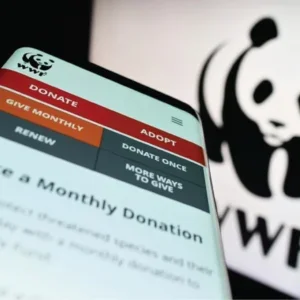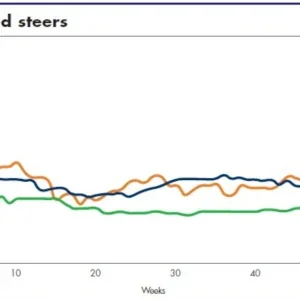Planned EU free trade agreements (FTA) with South Korea, India and the Association of South East Asian Nations (ASEAN) will dramatically boost commercial activity in the leather industry if the agreements are passed, claims a study by Copenhagen Economics for the European Commission. It says South Korean imports of leather would increase by 5.2% if current negotiations lead to just a partial FTA, while the EU is expected to gain a 1% share of the total gains.
Furthermore, the EU’s market share of leather imports to South Korea would rise from the current baseline of 27.6% to 34.5%, a 7% increase, if a partial FTA is implemented. Driving growth would be a phased reduction in tariffs, which currently stands at 9% for South Korean leather imports to the EU, and 7% on EU imports to South Korea.
A planned EU-India FTA would see tariffs on leather items imported into the EU reduced, while Indian exports of textiles, leather and fabrics are projected to increase to US$3.6 billion, according to another study by the Commission.
The biggest gains for leather manufacturers and distributors are likely to come from an EU-ASEAN FTA. Based on projections by the Commission in Brussels, the full implementation of the agreement would see leather production by 2020 surge by 16.7% in Malaysia, 22.3% in Singapore, 1.9% in Thailand, and by 17.7% in Vietnam.






